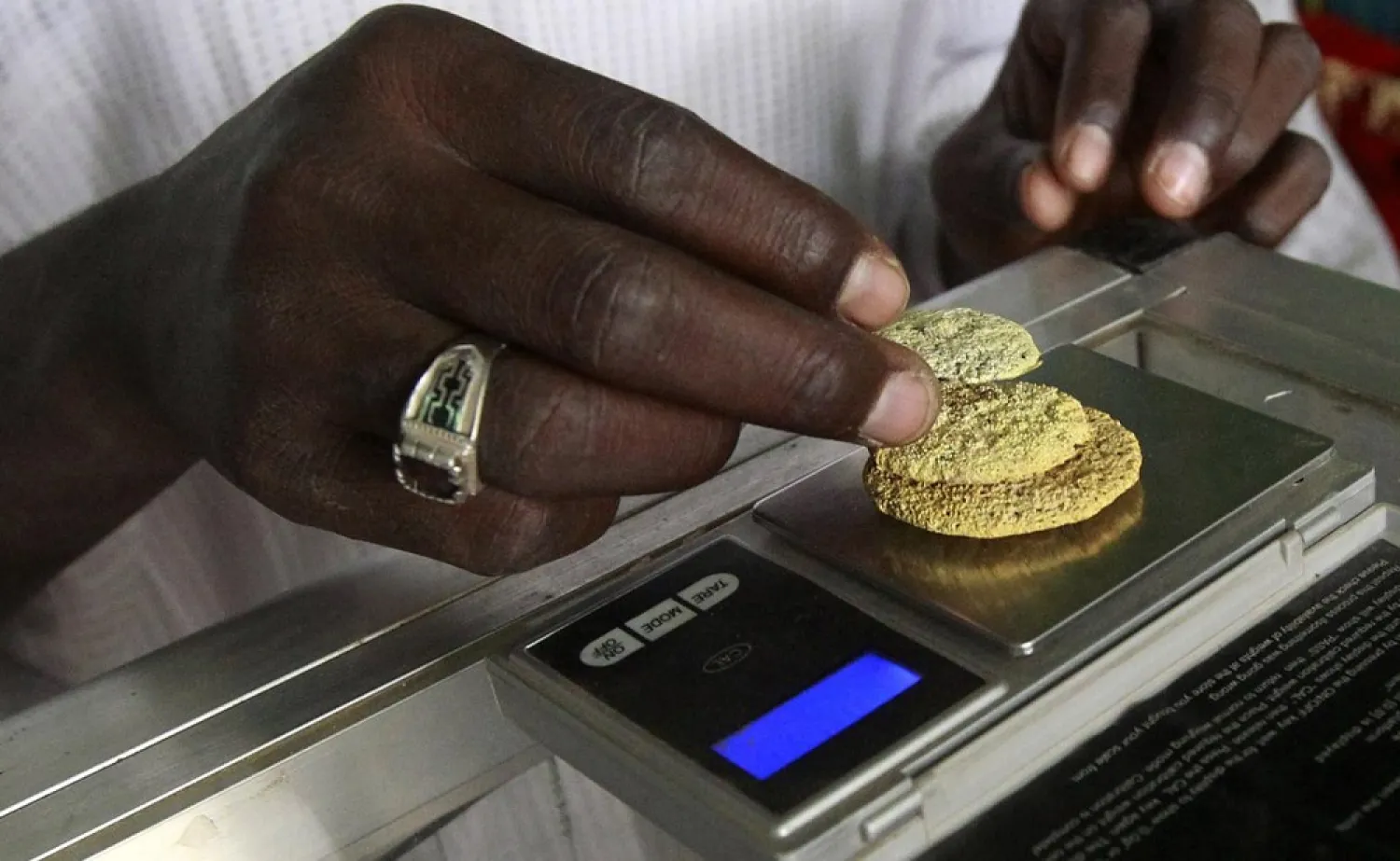The Sudanese government said that the annual production of gold ranges between 120-200 tons with revenues estimated at USD5 billion. It revealed that the number of workers in the mining sector amounts to around 5 million.
Minister of Energy and Mines Adil Ali Ibrahim said that the sector, which he described as one of the country’s most productive after the decline of agricultural and industrial production, is in a dire need of urgent policies to tackle pending problems.
He noted the government’s absent from mining region.
Addressing a conference on mining in Sudan, he remarked that the Central Bank has ceased purchasing gold, adding that the Sudanese Mineral Resources Company Limited has gained access to this field.
Part of the revenues has been allocated for domestic production and will be collected by the company.
The government will not allow any foreign firm to work in remaining mines, except for a Russia firm that is operating under a previous agreement, said Ibrahim.
Sadiq Tawar, a member of the Sovereignty Transitional Council, spoke of conflicts among local communities because the mining sector is liked to the corruption and oppression of the former regime.
Tawar called for enacting regulations that preserve workers’ rights in order to overcome tensions in these communities.
He accused mining companies, which are owned by members of the former regime, of seeking to cause tension to enrich themselves.









